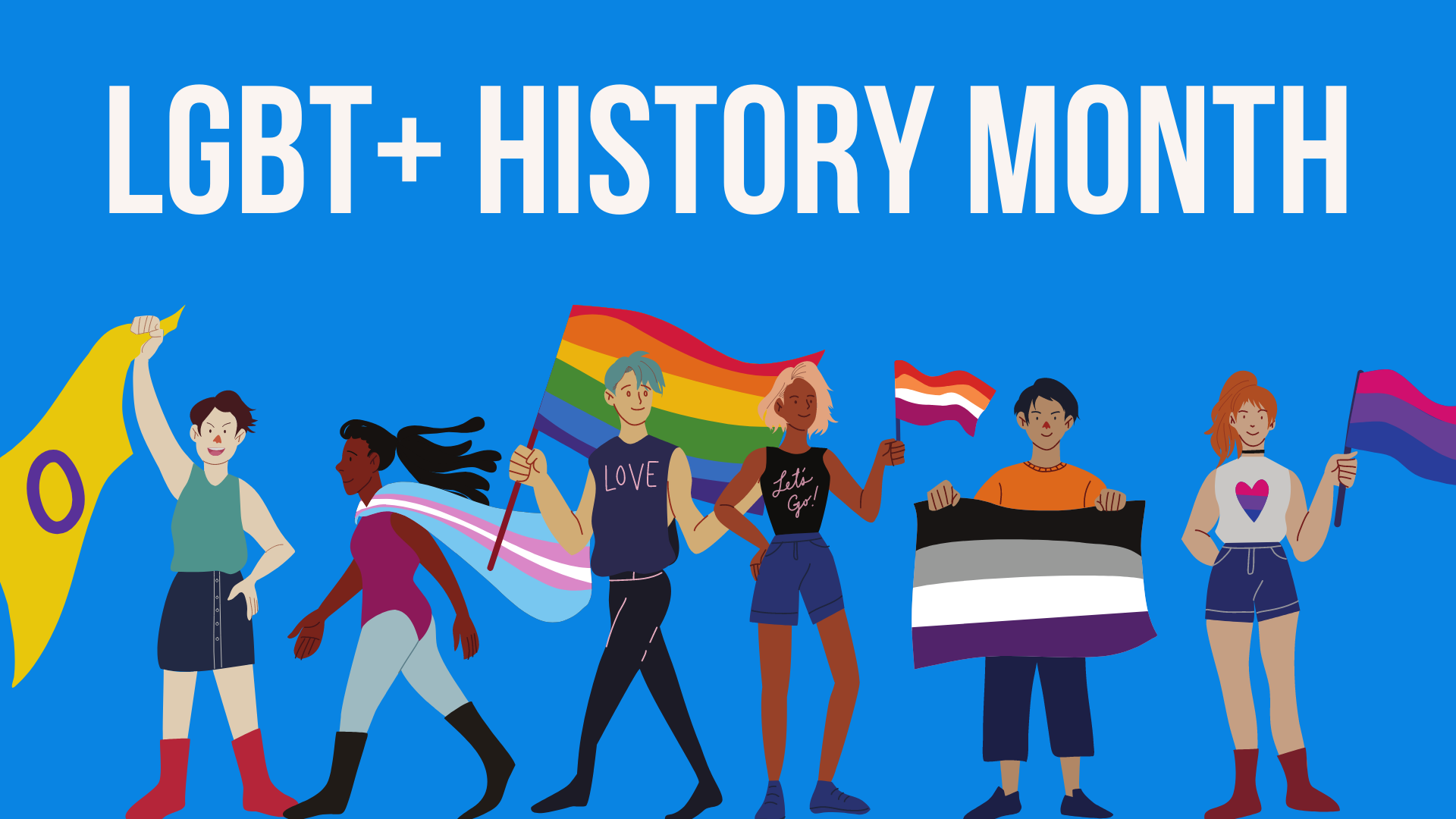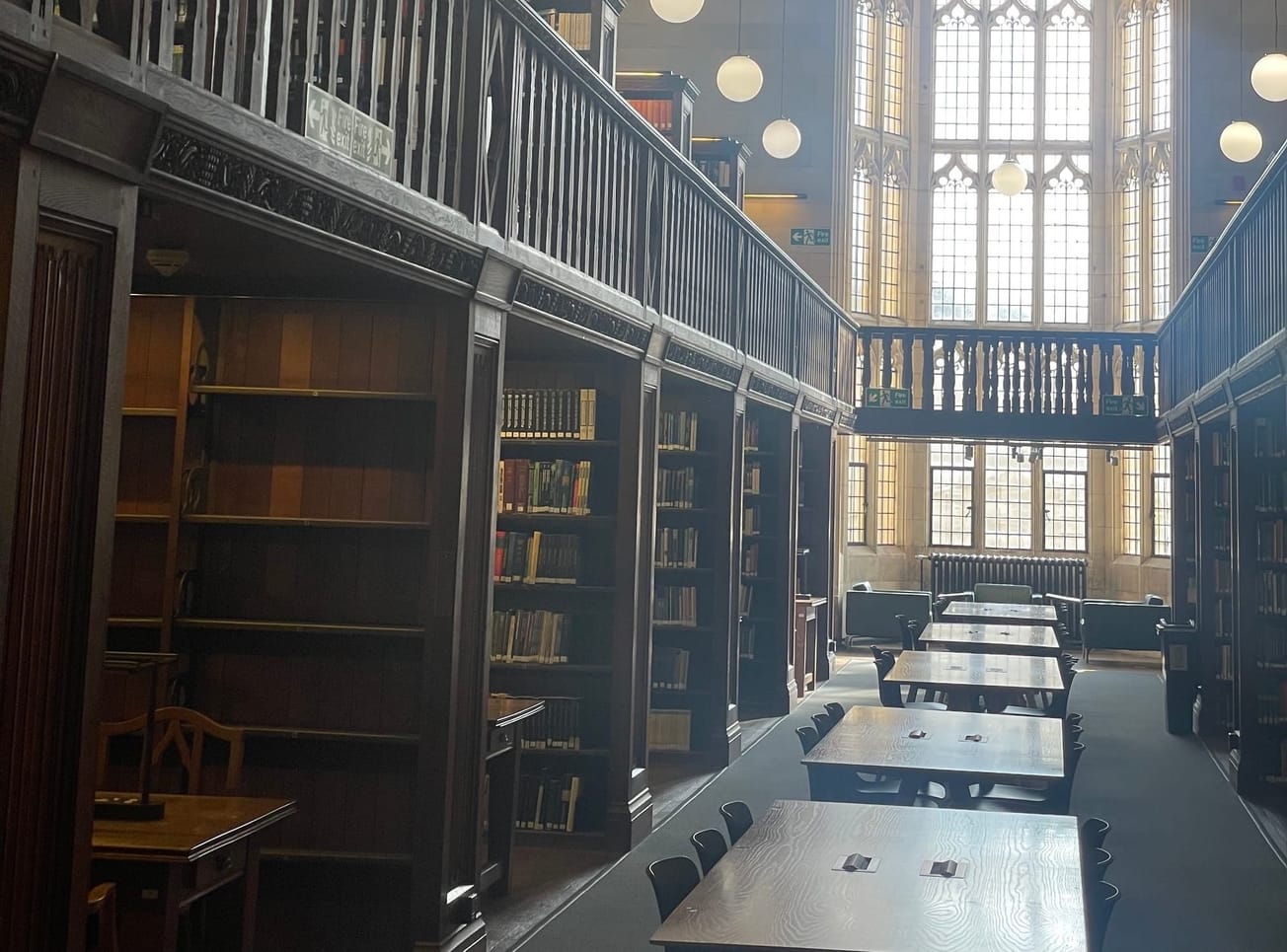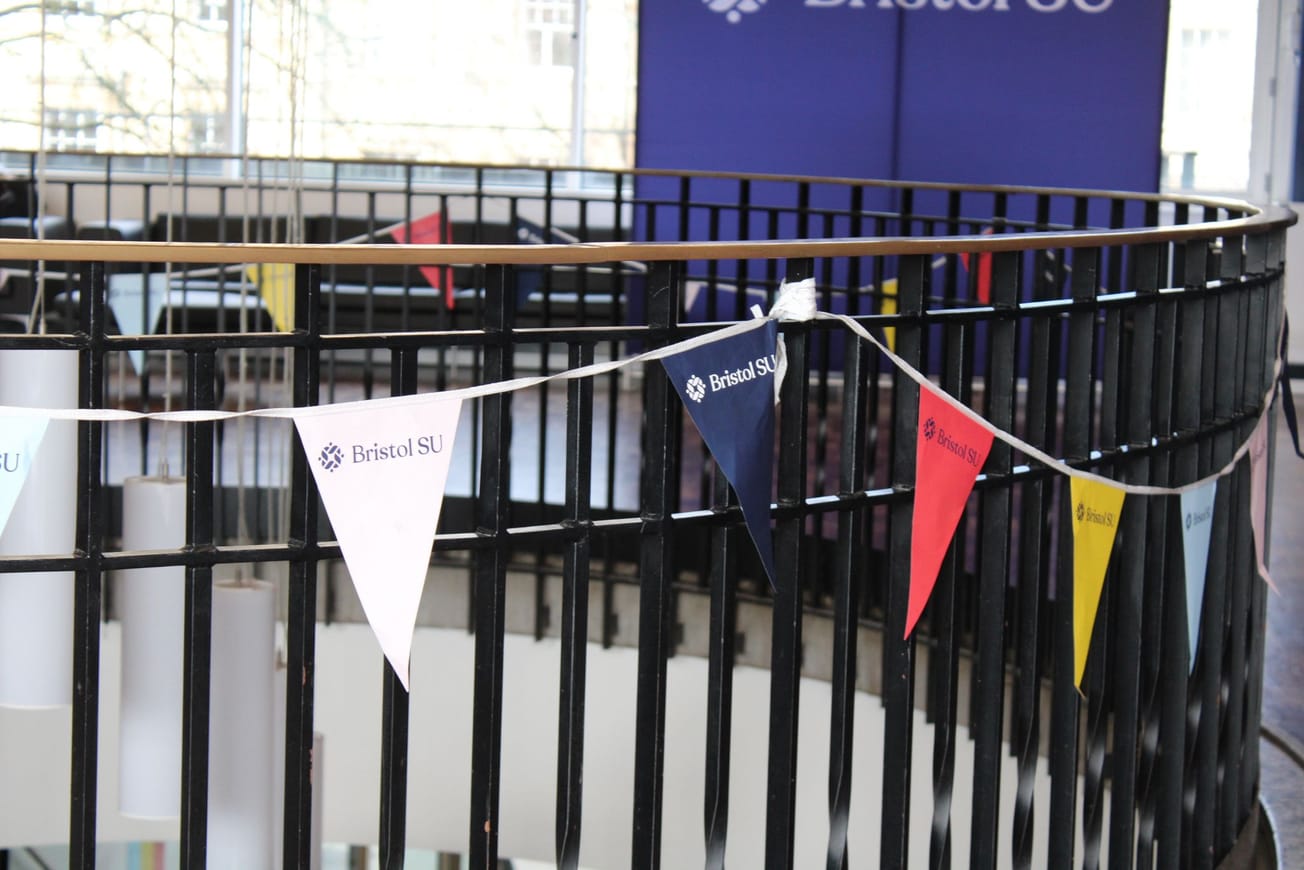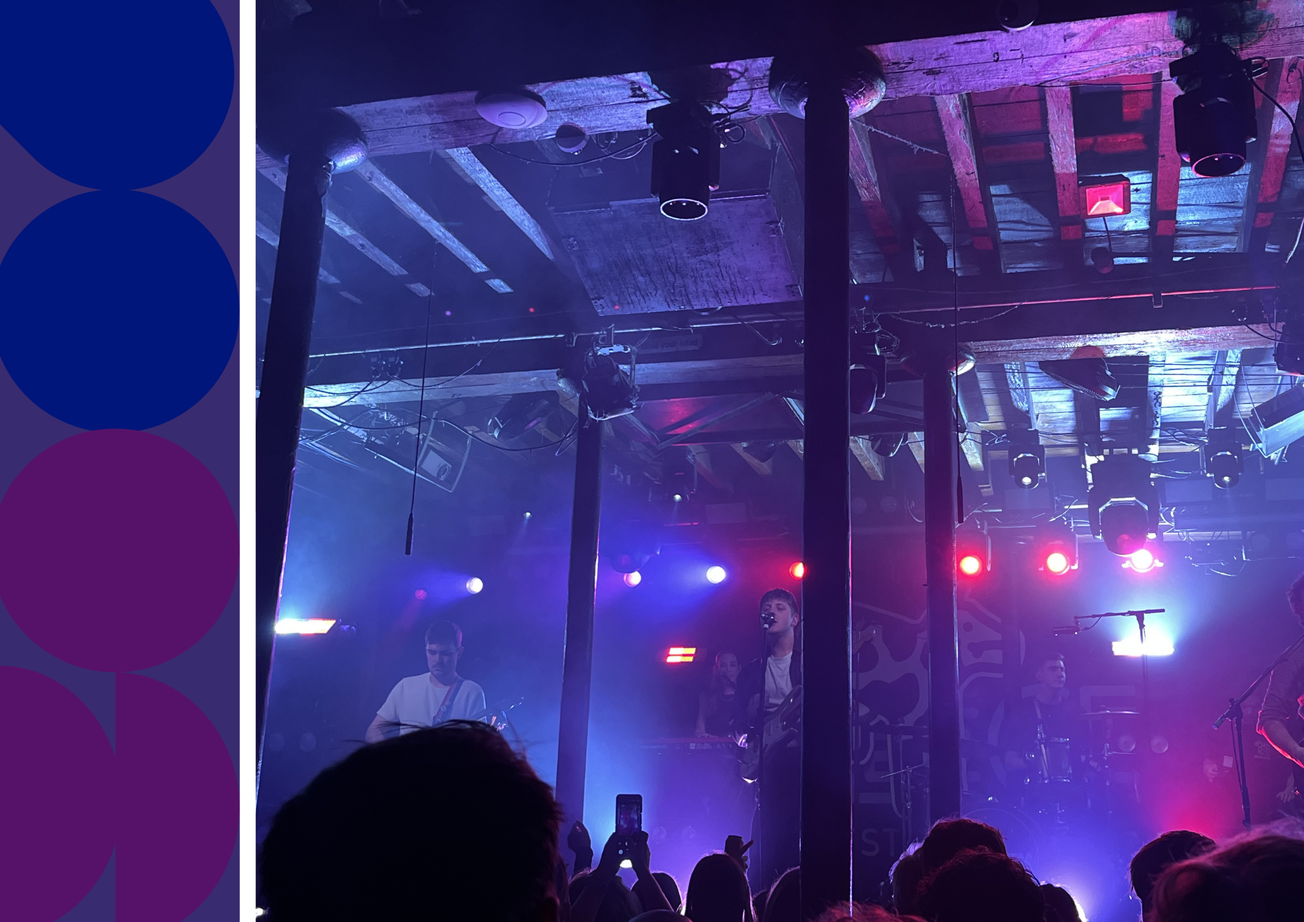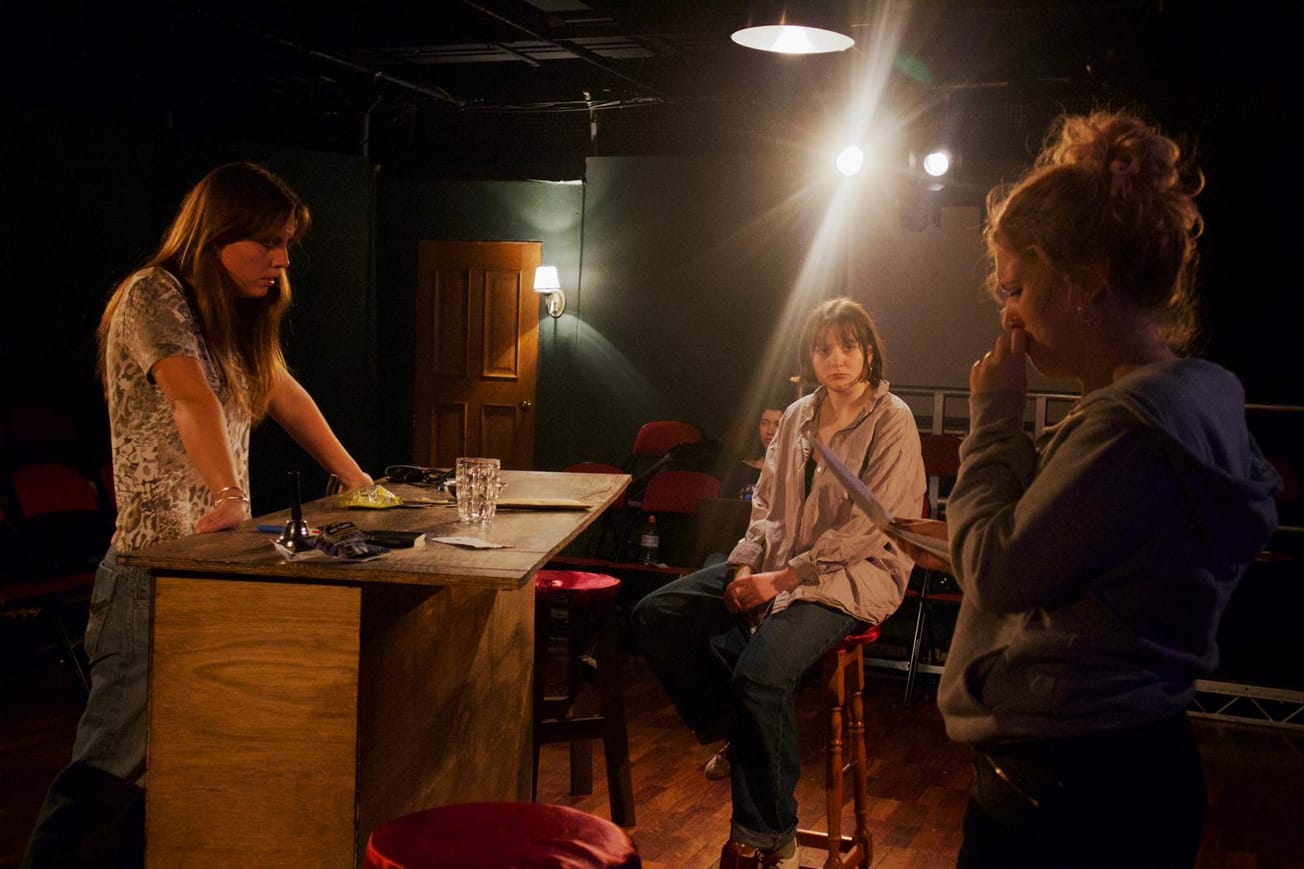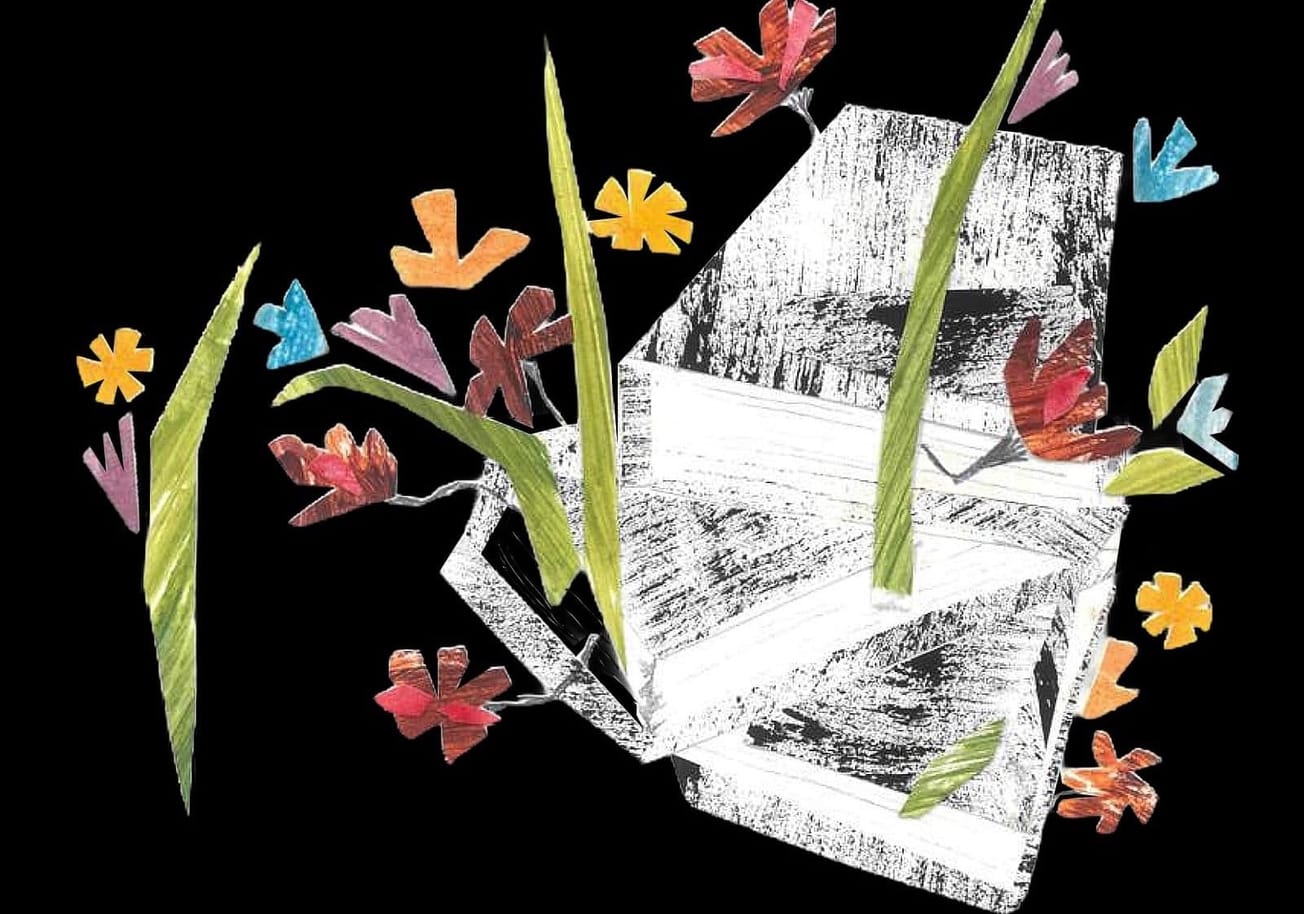By Milan Perera, Second Year English and Community Engagement
This year, the theme for LGBTQ+ History Month is Politics in Art, inspired by the popular phrase of the early gay rights movement, ‘the personal is political,’ and is subtitled by the famous Martin Luther King quote ‘The arc is long’, which in full reads: ‘The arc of the moral universe is long, but it bends toward justice.’ This frequently quoted line captures the long and arduous journey of the LGBTQ+ movement towards achieving equality, which despite the countless setbacks along the way kept progressing onwards.
2022 also marks the 50th anniversary of the first Pride March in London, which was first organised by Schools Out UK. LGBTQ+ History Month has been celebrated in the UK since 2005 with the key aim of highlighting the importance of equality and diversity. It also brings to attention LGBTQ+ communities around the world who are deprived of their basic human rights and to celebrate important LGBTQ+ events and individuals in history.
The University of Bristol has also celebrat LGBTQ+ History Month with a wide variety of activities. The month-long celebration throughout February included events ranging from bake sales to workshops on sexual health. To reflect on these matters at length, in the wake of the LGBTQ+ History Month, Epigram interviewed Ruth Day, the Student Living Officer at the Bristol SU.
Ruth first drew attention to the recent Student Wellbeing Report, published in November 2021. Despite the overall downward trend since 2018, the Report found that LGBTQ+ students are still demonstrating higher levels of depression and anxiety in comparison to heterosexual students. The report indicates that 58 per cent of LGBTQ+ students was screened positive for ‘moderate’ to ‘severe’ symptoms of depression.
While Ruth acknowledged that there is an encouraging downward trend, with less LGBTQ+ suffering from mental illness year on year, there is more to be done to prevent the continued disparity. Epigram enquired about the measures that are in place to achieve this. As someone who campaigned long and hard to raise the standard of student living, Ruth highlighted that the University-operated student halls of residence have made necessary changes to the application process to be able to opt for LGBTQ+ friendly spaces; ‘One’s time at the University should be an enriching experience and should not be spent in fear of being harassed or marginalised.’
Ruth also noted that the University is improving their representation of transgender students; ‘Two transgender officers have already joined the Student Wellbeing Services,’ they added, ‘they are equipped with a specific set of skills to make the services more accessible for trans students.’ Something as basic as obtaining photo identification and undergoing a name-change poses a series of systemic obstacles for transgender students, but the University is working to ease this difficulty by accepting students’ newly assigned names before the completion of their name-change by deed poll.
Today marks the start of LGBT History Month.
— Changes Bristol (@ChangesBristol) February 1, 2022
We will be celebrating all people who identify as LGBTQ+ and would love to shout about anything going on in Bristol, so share your events, groups and words with us!
Join our LGBTQ+ creative writing project https://t.co/ss5tcwZtRt pic.twitter.com/nFoHa8RQJ5
Bristol Student Union (SU) also organised another Sexual Health & Guidance week (SHAG) in collaboration with Terence Higgins Trust and Brooke after the success of their first SHAG Week during 1-10 December 2021. The week-long event, which conveniently began on Valentine’s Day, aimed to encourage honest and sincere conversations about sex, consent, relationships, sexually transmitted diseases (STDs), and services available through the NHS, with a special emphasis on the LGBTQ+ student community.
The week also incorporated fun activities such as an LGBTQ+ quiz night at The Cloak and Dagger in Stokes Croft, which challenged attendees’ knowledge of LGBTQ+ History, the A-Z kinks and included sex-related myth-busting. These events not only provided guidance and reassurance to students, but also accessible STI testing on campus and free contraceptives.
It goes without saying that the LGBTQ+ student community enormously enriches the demographic of the University, and so it is more important than ever to encourage the visibility and inclusion of all students in every aspect of campus life, especially sports. The Rainbow Laces campaign, fronted by Leah Martindale (Equality, Liberation & Access Officer) and Obafemi Alabi (Sports & Student Development Officer) seems a crucial step in the right direction, where various sporting bodies expressed their solidarity with the objectives of LGBTQ+ History Month, namely that of inclusivity and diversity.
Epigram interviewed Rhi Shaw, the Social Secretary of the University of Bristol LGBTQ+ Society to discuss the importance of LGBTQ+ History Month. Shaw is in firm belief that the events organised should have a far-reaching impact rather than regimented tokenism allocated for a month. To mark LGBTQ+ History Month, the Society hosted a bake sale at Senate House which was a resounding success. The funds raised by the bake sale will be donated to Off The Record, a charity which provides mental health support through counselling, creative therapies and group workshops to young people in the LGBTQ+ community.
As a medical student, Shaw emphasised the importance of including the experiences of LGBTQ+ people within the university curriculum, especially in fields such as medicine which has long been associated with the oppression of queer voices by enforcing the discourse of binary biological sex. With the presence of academics such as Dr Joseph Hartland, the Deputy Education Director for the School of Medicine at University of Bristol, the focus is starting to shift towards improving the representation of marginalised voices in medicine, including LGBTQ+ healthcare, and improving the culture of inclusion at the medical school.
In review: LGBTQ+ history month at the University of Bristol
Recent rise in LGBTQ+ homelessness in Bristol explained
Shaw also enthused about the series of talks dotted throughout the academic year, where an array of illustrious LGBTQ+ speakers are invited to shed light on various experiences pertaining to the LGBTQ+ student community. The peer-group which meets fortnightly throughout the year has consistently provided a safe space for LGBTQ+ students to discuss what’s on their minds in a non-judgmental environment.
The road is long, but we are at a crucial juncture where steady progress is continuously being made towards inclusion, equality, and justice for the LGBTQ+ student community despite the insurmountable odds. But it is no time to rest on our laurels and get complacent. LGBTQ+ History Month is a perfect time for reflection on how far we’ve come in encouraging equality, and acts as an important reminder of why we continue to fight.
Featured Image: Epigram / Bristol SU
How did you celebrate LGBTQ+ History Month?

